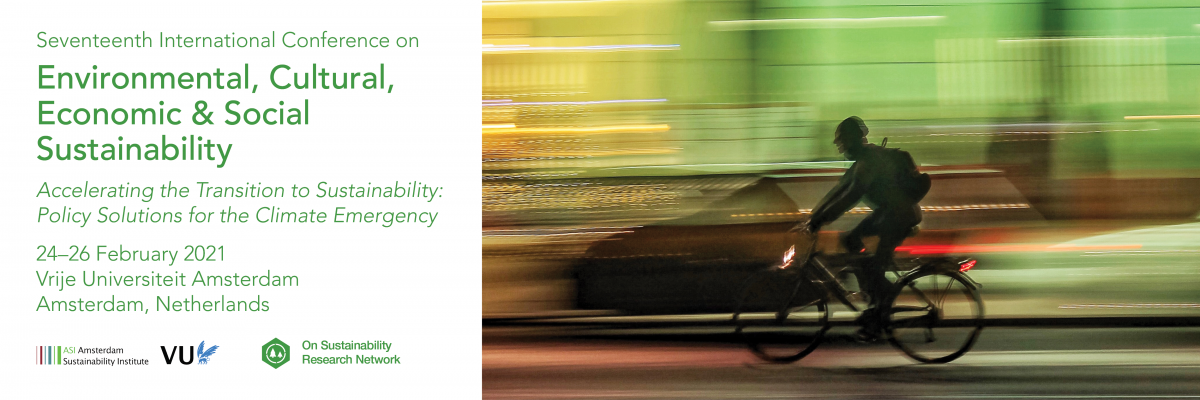The science is clear and undisputed. Global society has to urgently change course to avoid fatally undermining the planetary systems on which life and human development depend. In 1992, a group of more than 1500 independent scientist published the “World Scientists’ Warning to Humanity,” calling for “a great change in our stewardship of the Earth.” When the Intergovernmental Panel on Climate Change (IPCC) published its special landmark report on the 1.5 degree climate target in 2018, it estimated a remaining window of only 12 years to establish effective climate change mitigation measures. In 2030, the United Nations Sustainable Development Goals should be reached, but some shortfall in implementation is almost certain with huge efforts still needed to achieve the targets. And the 2019 Intergovernmental Science-Policy Platform on Biodiversity and Ecosystem Services (IPBES) global assessment report on biodiversity calls for sustainable pathways to be achieved through the “rapid and improved deployment of existing policy instruments and new initiatives that more effectively enlist individual and collective action for transformative change.”
However, while arguably more awareness about the critical state of environment has been created among humans, it is questionable if the necessary breadth and speed of transition can be achieved given economic inertia, political deadlock, as well as societal indifference. What is urgently needed now is an acceleration of the sustainability transition, including a rapid scaling up of available solutions to prevent the trespassing of Planetary Boundary thresholds such as climate change, ocean acidification and biodiversity loss, and the speeding-up of experimentation and innovation to deliver novel out-of-the-box thinking and inter- and transdisciplinary research frameworks. This conference, the result of a collaboration between Common Ground Research Networks and the Amsterdam Sustainability Institute, took stock of existing knowledge and practical solutions from all disciplines around the challenge of rapidly innovating, experimenting, scaling up and accelerating the global transition to sustainability. The conference also explored how best to integrate the experimental and deductive lines of reasoning of the natural sciences with the holistic and critical perspectives of the humanities and social sciences and the appropriate communication skills to disseminate this knowledge to policymakers and the public. The conference seeks contributions from a wide variety of stakeholders, including scientists, landscape managers, urban planners, policy-makers and innovation practitioners.


















